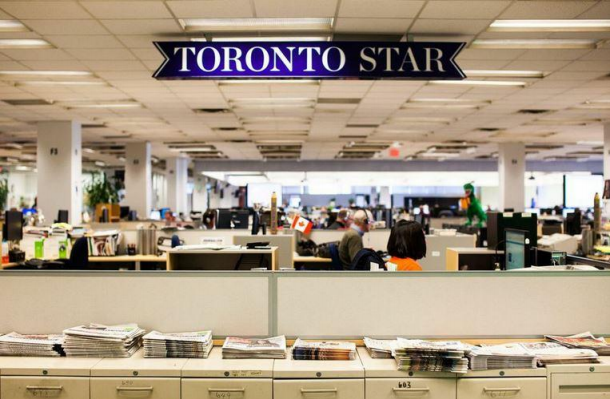Media literacy — the ability to analyze, evaluate and understand the news and information you consume — is a complex undertaking these days.
To be literate about media in 2018, you must, as always, be able to determine who has created your news and information, assess sources, and discern whether what you are reading or viewing is news or opinion.
Now, however, you must also understand the overall media “ecosystem” — the network of digital platforms on which news and information is distributed — and be able to discern whether the information on that platform is true or false.
Figuring out the difference between real news and so-called “fake” news — the misinformation and disinformation that pollutes the digital information ecosystem — demands a new kind of literacy: digital media literacy. This new literacy is based on a clear understanding of the immense power and pitfalls of platforms such as Facebook and Google, and their impact on the news and information you receive and share.
Indeed, these powerful platforms, on which the majority of people now consume their news, have fundamentally affected news, information and all else they have disrupted over the past decade. As Emily Bell, director of the Tow Center for Digital Journalism at Columbia Journalism School, said in a groundbreaking and prescient 2016 speech, entitled “Facebook is eating the world”, news publishers have largely lost control over distribution of the news they create.
Continue reading this story on the Toronto Star website, where it was first published.

